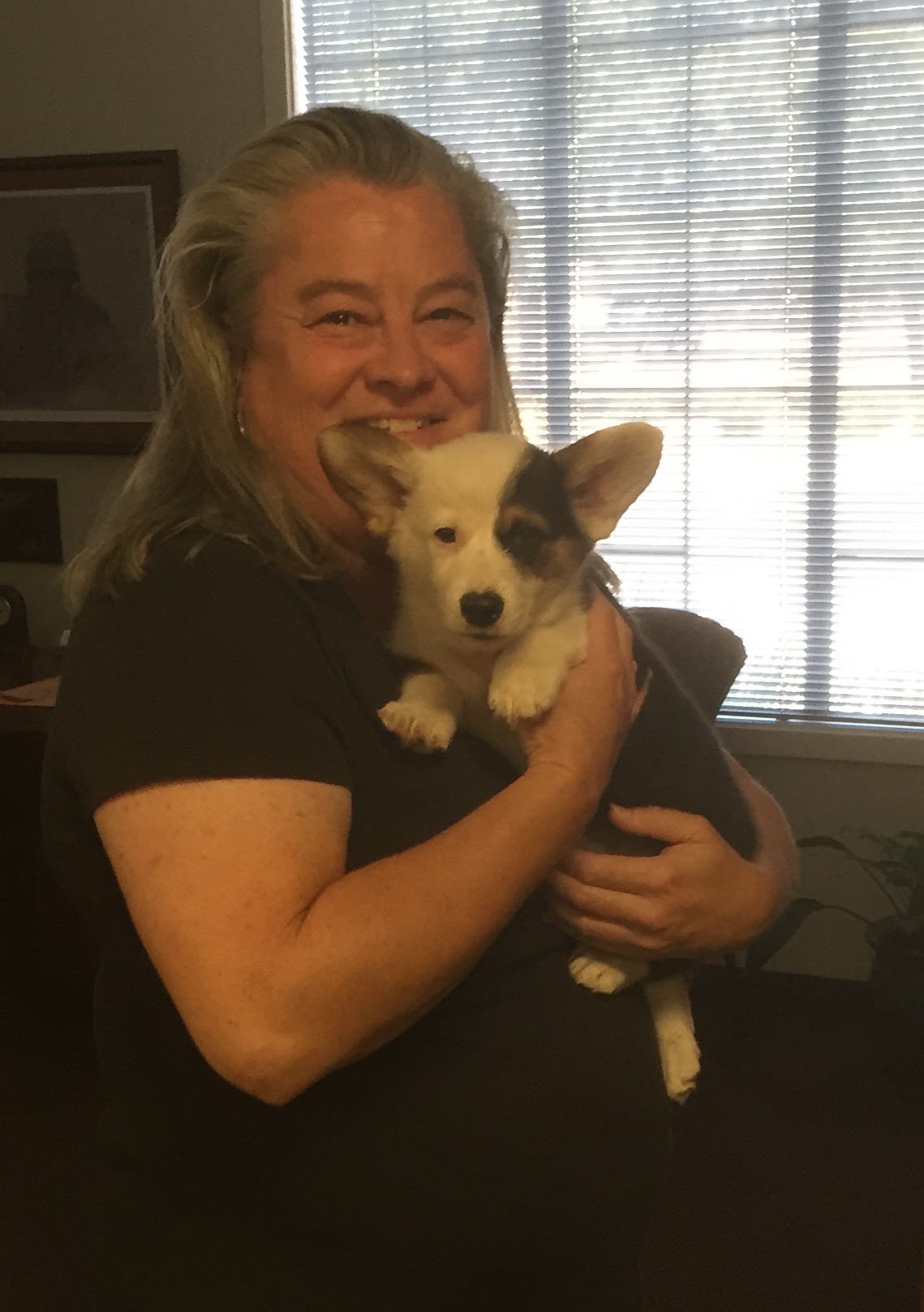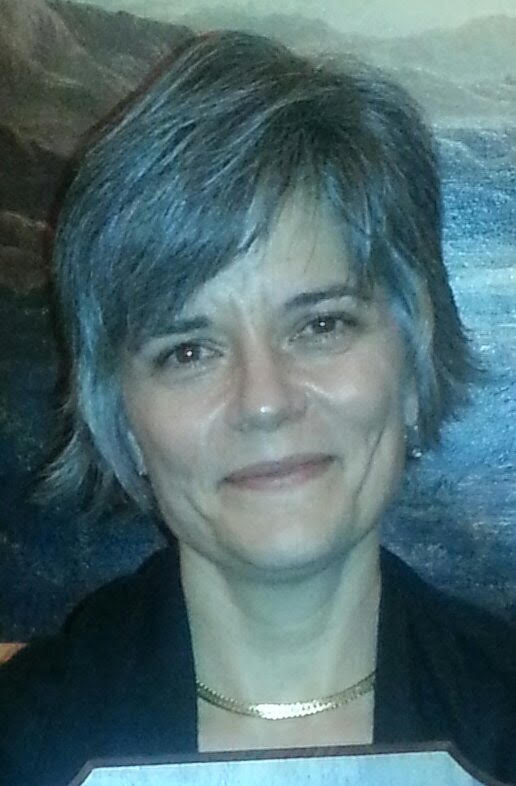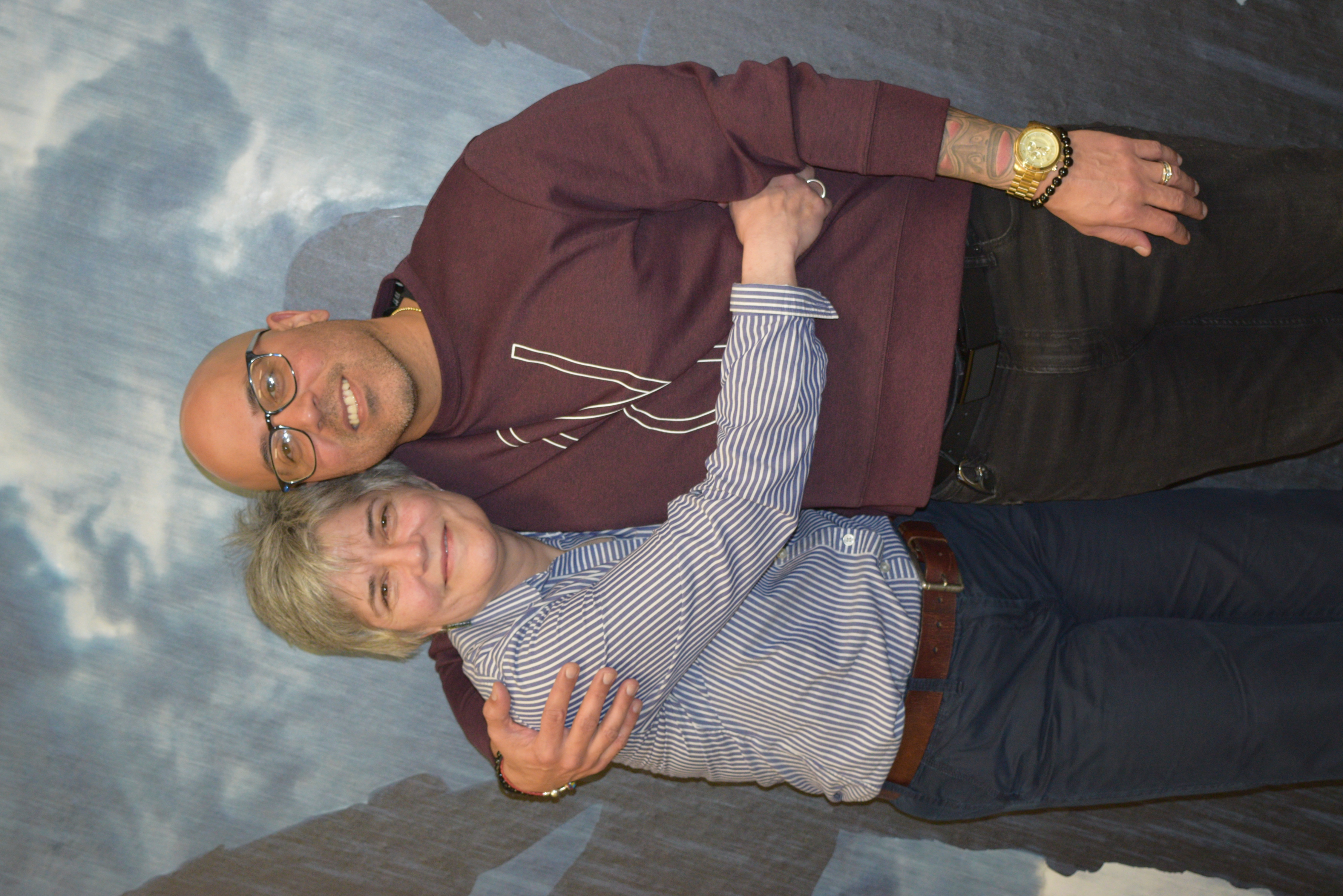About Us
Center for Post Traumatic Growth
Learn More About Our Organization
The Mission
The mission of the Center for Post Traumatic Growth is to promote and support the healing of veterans, first responders, and their families from Moral Injury and Post Traumatic Stress.
The field of mental health has only begun to recognize the role of moral injury in the suffering of veterans and others. Yet, despite all of the discussion and recent writings regarding the concept, very few interventions have been developed to address moral injury directly. The current evidence-based treatments have been developed to address the symptoms associated with Post Traumatic Stress Disorder (PTSD), but they fall short in addressing the core issues of moral injury including unresolved loss, guilt and shame. Moral injury often co-occurs with Post Traumatic Stress (PTS), but one condition may exist without the other. We look at them as the “same species, but a different animal.” For us to assist those with moral injury to heal, we must know what we are treating and use the appropriate interventions or we risk making moral injury worse. We are also convinced integrated couple/family services are also imperative for healing moral injury.
Moral Injury Is Not a Disorder
At the Center for Post Traumatic Growth, it is our contention that moral injury is not a disorder. Moral injury develops when highly competent and principled individuals (people of service) are repeatedly exposed to events that violate their deeply held moral values and expectations. It is the most competent, compassionate, and principled people that are most vulnerable to these kinds of wounds, as these very qualities that help them excel, are also what make them more vulnerable to being morally injured. One of our veterans expressed his internal experience of moral injury this way, ”I feel like I have forfeited my membership card in humanity.” Moral injury creates a sense of alienation from others and the rest of humanity because they believe they have violated the basic convents of human conduct regarding how we treat one another. In short, moral injury stems from broken relationships between people; the severing of human connection through traumatic loss or perceived transgression against others.
Post Traumatic Growth
The concept of Post Traumatic Growth (PTG) was initially defined by Calhoun and Tedeschi (2006). PTG is a construct of positive psychological change that occurs as the result of one’s struggle with highly challenging, stressful, and traumatic events. In the past few years, many other authors and researchers have elaborated on Tedeschi and Calhoun’s central idea that trauma can result in positive change (Kilmer et al., 2010; Triplett et al., 2012). The Center for Post Traumatic Growth (CPTG) is founded on the belief that traumatized individuals can thrive in the wake of trauma and that they inform our society in unique and essential ways. They have endured profoundly painful and extraordinary experiences that have deeply changed them as people. They no longer see the world the way others do. Many of them have been fundamentally harmed by being mislabeled, maltreated, and misunderstood by both individuals and institutions.
At the CPTG, it is our conviction that these men and women are far from “disordered,” “broken,” or “sick.” We have had the privilege to facilitate and witness their healing process. These resilient, passionate, and courageous men and women have shown us over and over that they are some of the most principled, compassionate, loyal, strong, and honorable people you will ever encounter. It is our mission and our honor to assist these veterans to use their profound experiences to grow and thrive as human beings. We see trauma and moral injury as resulting from broken attachments to oneself, others, and the community. Therefore, our program prioritizes and strives to help veterans heal those broken attachments, allowing reconnection to themselves, their families, and to their communities.
Stay Updated on The Center for Post Traumatic Growth
Listen To Our Segment on CapRadio
OUr Team
Melinda J Keenan, PhD
Executive Director and Founder
Available by Appoint Monday – Friday
Melinda Keenan, PhD is a licensed psychologist who earned her doctorate in Counseling Psychology from the University of Denver in 2000. Dr. Keenan worked with veterans of all eras as a psychologist in the VA and Vet Center for 19 years. During that time she has developed a treatment program to address post traumatic stress and moral injuries in combat veterans and their families. The program is based on what Dr. Keenan and her colleagues learned from the veterans about what the veterans need to heal such injuries. In 2014 an article addressing this treatment approach was published in the journal Psychotherapy.
In 2013 Dr. Keenan founded the non-profit, Center for Post Traumatic Growth (CPTG), to more fully address the treatment needs of veterans including veterans with Military Sexual Trauma, and expanded her approach to the treatment of first responders and their families.
EDUCATION
Ph.D. University of Denver, Denver, CO
Counseling Psychology
August 2000
Dissertation Title: Individual Differences in Ascription of Responsibility and Mental Health Students’ Moral Sensitivity.
Advisor: Karen Strohm Kitchener, Ph.D.
M.S. Eastern Washington University, Cheney, WA
Clinical Psychology
December 1992
Master’s Thesis: Selective Memory Bias for Schematic Material in
Bulimia Nervosa.
B.A. University of California, Santa Barbara, CA
Psychology
Cum Laude, June 1988.

Laura Williams, MA, LPCC, LPC (CO)
Director of Family Programs
Available by Appoint Monday – Friday
Laura L. Williams, MA, LPCC, LPC (Co.). Ms. Williams earned her Master Degree in Counseling Psychology from the University of Colorado at Denver in 1996. She is a Licensed Professional Counselor in Colorado and Licensed Professional Clinical Counselor in California. Currently Ms. Williams is the Integrated Health Specialist and a Clinical Counselor at the Center for Post Traumatic Growth in Gold River CA. Ms. Williams was the Director of Veterans Services for the Colorado State Office of Behavioral Health where she directed a federal grant to establish Veterans Treatment Courts in Colorado Springs, Denver, and other statewide locations.
During this time 2,000 law enforcement, judicial, educational, and veteran organizations received training on impacts from post traumatic stress and traumatic brain injuries from combat and other service related events. She worked as a Trauma Treatment Specialist and Clinical Supervisor for Columbine Connections Resource Center providing psychotherapy to the victims and family members of the Columbine school shooting for four years. She also worked as a Trauma Therapist and Supervisor at the Jefferson Center for Mental Health for six years where she worked with children, adolescents, and families. Ms. Williams has extensive experience providing crisis mental health assessments, clinical referrals, and working with emergency medical professionals in hospital settings.
EDUCATION
Psychology
Cum Laude, June 1988.

Carlos Echevarria, MSW, Combat Veteran
Counselor and Veteran Advocate
Available by Appoint Monday – Friday
Mr. Carlos Echevarría is an Army Combat veteran who served in support of operation Iraqi Freedom and Enduring Freedom in the war on terrorism. Mr. Echevarria was honorably discharged in April 2010. In the summer of 2012, Mr. Echevarria and his family moved to San Jose California where he enrolled at Notre Dame De Namur to pursue his Bachelors degree, and was involved in the federal work study program. Due to his tenacity and skill sets this led to full-time employment as a Readjustment Counselor, and Veterans Advocate at the San Jose and Citrus Heights Vet Center for the Department of Veterans Affairs; helping combat veterans suffering from mental health issues due to combat trauma and readjustment challenges.
Mr. Echevarria ultimately earned his Bachelors of Science degree in Human Services with a concentration in counseling and administration in May of 2017. Mr. Echevarria earned his Master’s of Social Work with and emphasis in assisting veterans and their families from the Suzanne Dworak-Peck School of Social Work at the University of Southern California in May 2021

Michelle McMurtry
MA, APCC
Michelle McMurtry is an Associate Professional Clinical Counselor providing group and individual therapy at the Center for Post Traumatic Growth. She is a trauma-focused therapist with an integrative approach that treats the whole person – body, mind, and spirit – using somatic therapy, EMDR, and mindfulness techniques, with a special focus on recognizing and healing moral injury in her clients. Michelle has an MA in Mental Health Clinical Counseling and is trained in EMDR, trauma-informed equine therapy, and is currently enrolled in the Integral Psychiatry Institute’s Psychedelic Assisted Psychotherapy training program. She is the granddaughter of two WWII veterans, and is passionate about and committed to serving the veteran population.

